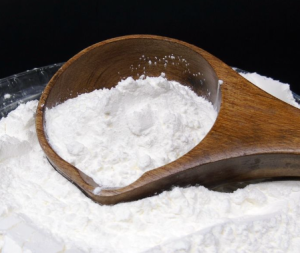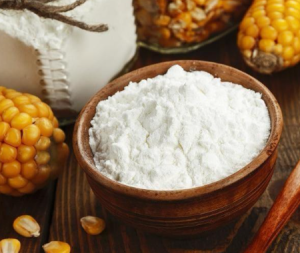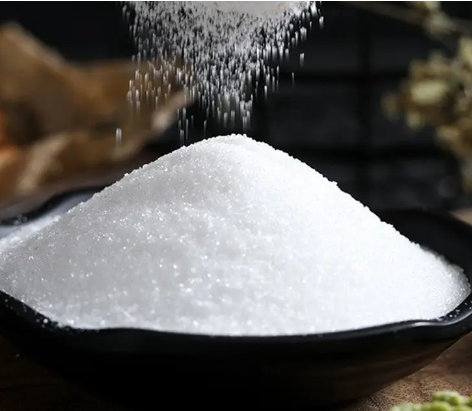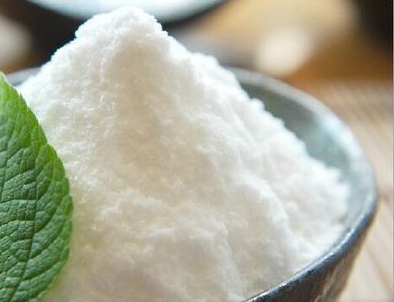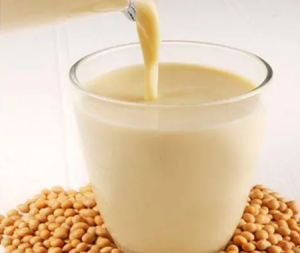Erythritol is an artificial sweetener commonly used in low-sugar and sugar-free foods. It is designed to replace sugar and calories to create “diet-friendly” results. Powdered erythritol sweeteners bake in a way almost identical to sugar and are made by combining and fermenting certain natural sugars. Corn is frequently used to create the sweetener; however, it is also found naturally in watermelon, soy sauce, and pears, among other foods. Such foods include fermented options such as cheese, as well as fermented beverages including wine and sake. It is classified as a carbohydrate according to the FDA and is used not only to add sweetness to foods, but texture and bulk as well. The sweetener also prevents browning and dryness issues.

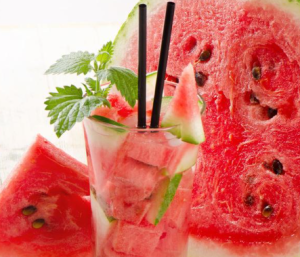
Despite its carb label, erythritol is not absorbed by the body and will not contribute to weight gain. The sweetening effect this substance provides comes from sugar alcohols. Sugar alcohols do not break down in the body and therefore do not contribute to your daily carbohydrate intake.
Erythritol is generally crafted from GMO cornstarch and has been referred to as an “invisible GMO ingredient.” It may be used as an insecticide in the future due to its apparent ability to kill bugs. This substance is frequently marketed to diabetics and those with weight and metabolic issues because it provides a sweet taste without the insulin spike or added poundage. How well it prevents weight gain will be discussed later in this article.
